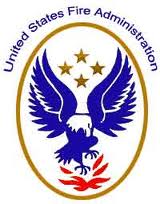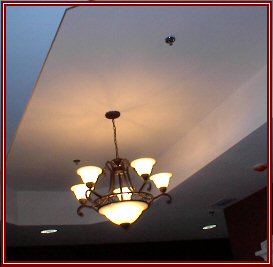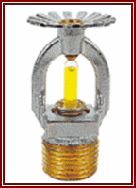This Week – March 18, 2013
This week NFPA and NVFC released a joint statement concerning 3 major standards:
- NFPA 1500 Standard on Fire Department Occupational Safety and Health Program
- NFPA 1720 Standard for the Organization and Deployment of Fire Suppression Operations, Emergency Medical Operations and Special Operations to the Public by Volunteer Fire Departments
- NFPA 1851 Standard on Selection, Care, and Maintenance of Protective Ensembles for Structural Fire Fighting and Proximity Fire Fighting
The Announcement explains:
The National Fire Protection Association (NFPA) and the National Volunteer Fire Council (NVFC) have teamed up to develop a guide to assist fire departments in understanding and implementing NFPA standards. Understanding and Implementing Standards (PDF, 10 MB) examines three major NFPA standards relating to safety and health and offers clarification, identifies manageable steps, and highlights available resources to help departments reach their safety goals.
Read the entire statement at: NFPA and NVFC release Standards Guide for Fire Departments

© 2013 HFP / HFirePro.com / Holland Fire Protection, LLC. All Rights Reserved.


 It is the official position of the U.S. Fire Administration that all Americans should be protected against death, injury, and property loss resulting from fire in their residences. All homes should be equipped with smoke alarms and automatic fire sprinklers, and families should prepare and practice emergency escape plans.
It is the official position of the U.S. Fire Administration that all Americans should be protected against death, injury, and property loss resulting from fire in their residences. All homes should be equipped with smoke alarms and automatic fire sprinklers, and families should prepare and practice emergency escape plans.




You must be logged in to post a comment.